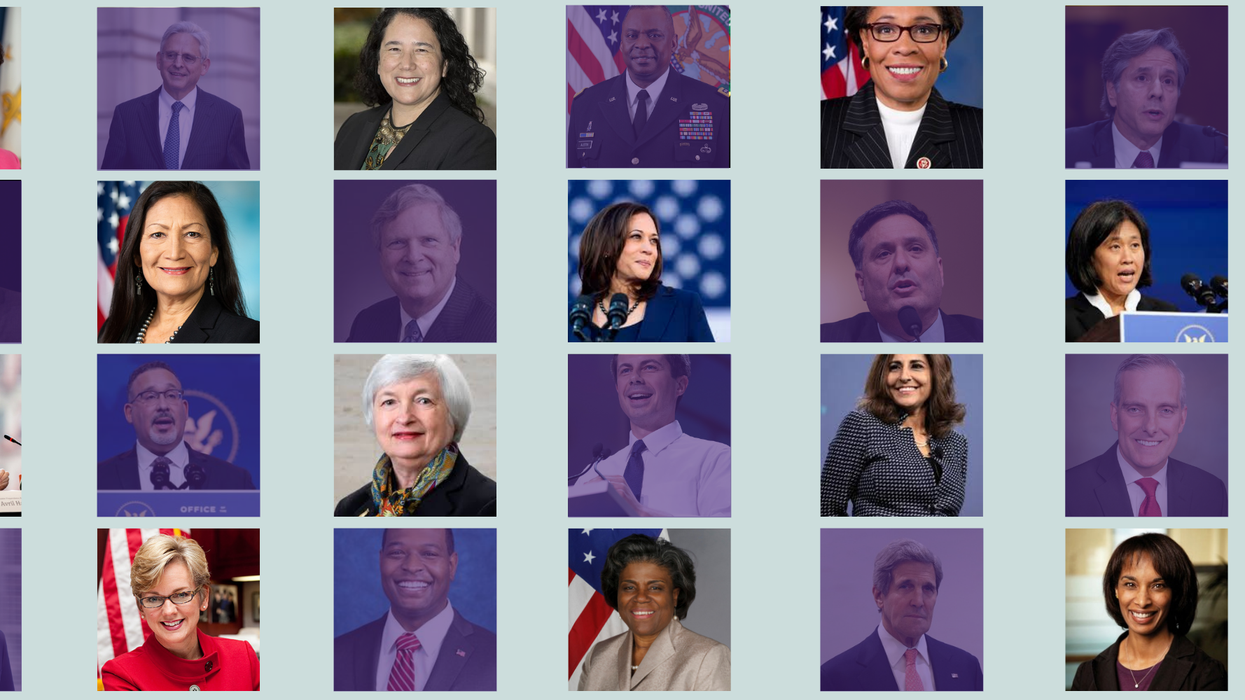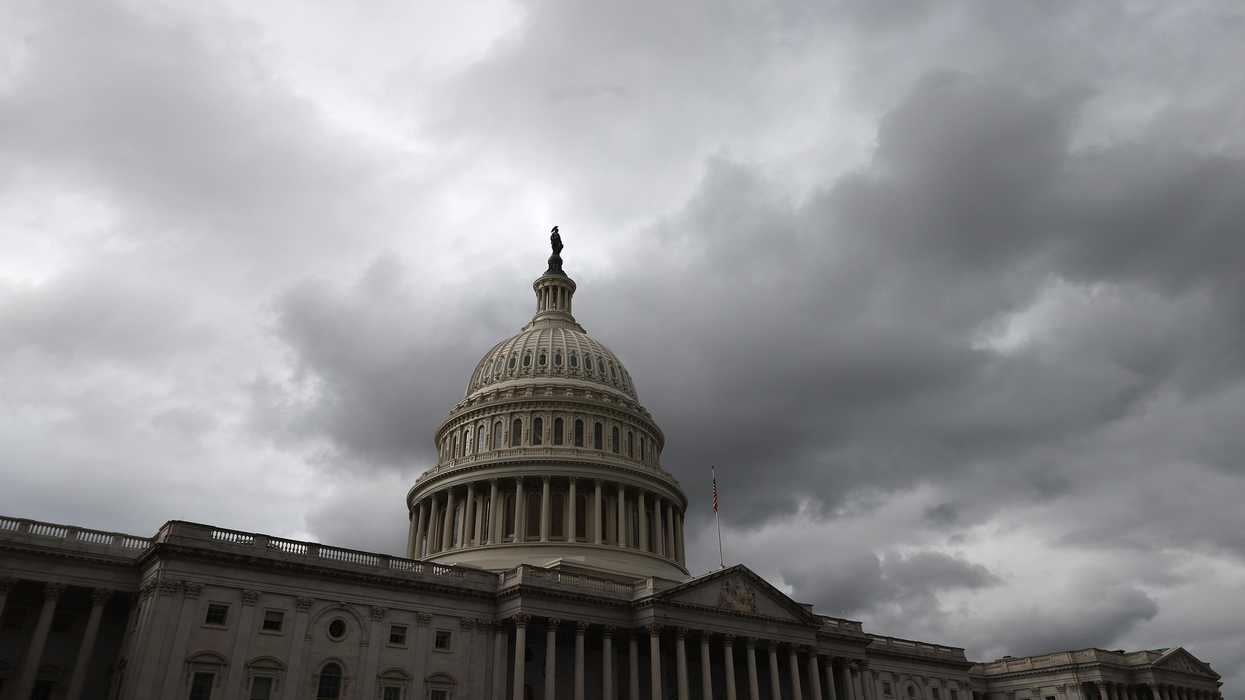Terrell is executive director of RepresentWomen, a nonpartisan group advocating for policies that would result in more women holding office.
President Biden's proposed Cabinet would have 24 members. Assuming the newly Democratic Senate confirms all of his nominees, a process that got started last week, it would be the most diverse Cabinet in history and the first to reach gender balance.
Three of the most prominent positions are going to be filled by women for the first time: Vice President Kamala Harris and Director of National Intelligence Avril Haines, the first confirmation of the Biden administration, will soon be joined Monday evening by Treasury Secretary Janet Yellen.
Harris has also become the first Black and the first South Asian-American vice president. Lloyd Austin was confirmed Friday as the first Black person to lead the Department of Defense. Rep. Deb Haaland of New Mexico is on course to be the first Native American secretary of the Interior. Xavier Becerra at the Health and Human Services Department and Alejandro Mayorkas at Homeland Security will be the first Latinos to lead those departments. And when Pete Buttigieg takes over at Transportation he will be the first openly gay Cabinet secretary.
Biden joins 14 other heads of government around the world with gender-balanced cabinets, many of whom ran on platforms committed to improving diversity in leadership through appointments.
Spain has the highest share of women in the cabinet, 67 percent, and Prime Minister Pedro Sanchez is the first executive to appoint more women than men to an executive cabinet in recorded history. By selecting a majority of women for the cabinet and appointing them to top positions within it, he has signaled a commitment to gender equality and highlighted the importance of including diverse perspectives at the decision-making table.
Countries with gender-balanced cabinets also tend to have higher shares of women in their national legislatures. Twelve of the 14 countries have higher women's representation than the 25 percent global average. The United States currently ranks 68th in the world for the share of women's representation in the "lower" legislative chamber — with 27 percent of House seats now held by women. But now its push toward legislative gender parity outranks only Peru, Colombia and Guinea-Bissau among the nations with gender-balanced cabinets.
President Franklin D. Roosevelt in 1933 picked the first woman for a Cabinet post, worker rights advocate Frances Perkins to be secretary of Labor. "The door might not be opened to a woman again for a long, long time, and I had a kind of duty to other women to walk in and sit down on the chair that was offered," she said at the time — and it took 20 years for another woman to reach a Cabinet-rank post.
Of the previous 45 presidents, only eight have nominated women to their Cabinets. Of the 54 women who have served before now, 31 have been Democrats, 23 have been from the GOP — and three-quarters have been white. The Biden team will change those numbers perceptibly: Of the dozen women he wants in his Cabinet, half are women of color.
Despite these historic successes for diversity, there remains work to be done. Three-fifth of Biden's Cabinet picks are white and the so-called inner cabinet — the vice president and the heads of the Justice, State, Defense and Treasury departments, who typically work the closest with the president — will still be three-fifths male and three-fifths white. And the average age of the nominees is 59.
Additionally, Biden's would be the first Cabinet in 20 years without an Asian-American or Pacific Islander. That is "the fastest growing racial or ethnic group in the United States electorate," notes Madalene Mielke of the Asian Pacific American Institute for Congressional Studies, and "the lack of an AAPI Cabinet secretary only serves to further distance AAPIs from having their voice heard in public policy."
The steps Biden has taken toward diversity in nominating his Cabinet are historic and noteworthy — but they should just be the first steps in the larger path toward diversity and inclusion in the executive branch. And commitment to diverse and inclusive appointments should not be limited to the national level. State and local executives should use their powers to improve the racial, gender, age and economic diversity of their own cabinets and any other appointments.
Naming diverse senior teams in American governments is the fastest way to bring diversity into our nation's leadership and bring new and unique lived experiences to decision-making at the highest levels.




















